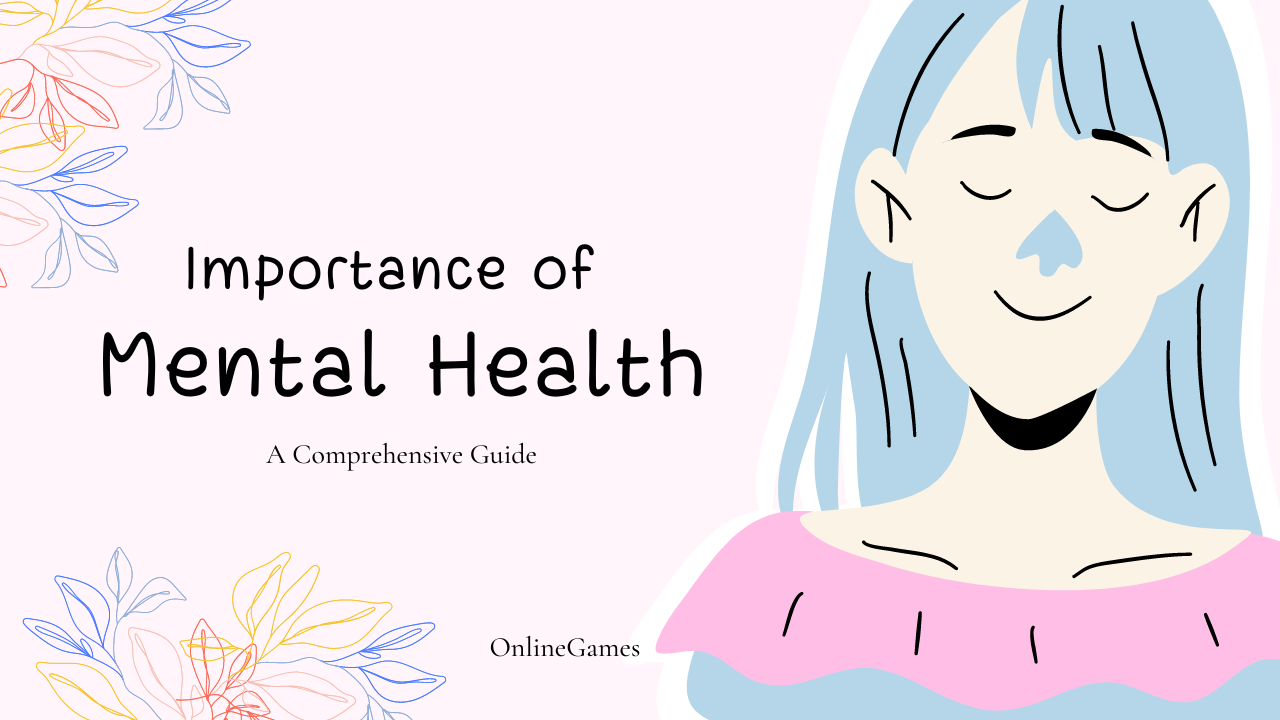In today’s fast-paced world, mental health is increasingly recognized as a crucial aspect of overall well-being. It encompasses emotional, psychological, and social well-being, affecting how we think, feel, and act. Maintaining good mental health is vital for coping with stress, relating to others, and making decisions.
Factors Influencing Mental Health
Several factors influence mental health, including biological factors such as genetics and brain chemistry, life experiences such as trauma or abuse, and family history of mental health problems. Additionally, lifestyle choices like diet and exercise play a significant role in maintaining mental wellness.
The Impact of Mental Health on Daily Life
Good mental health enhances our ability to handle stress, relate to others, and make choices. It also affects our physical health by influencing behaviours such as sleep patterns and eating habits. Conversely, poor mental health can lead to problems such as mood disorders, anxiety, and even physical health issues like cardiovascular disease.
Strategies for Improving Mental Health
1. Healthy Lifestyle Choices
Maintaining a balanced diet rich in nutrients supports brain function and promotes emotional well-being. Regular exercise releases endorphins, which are natural mood elevators. Sufficient sleep is crucial for cognitive function and emotional resilience.
2. Stress Management
Effective stress management techniques, such as mindfulness meditation or yoga, can reduce the impact of stress on mental health. Time management and setting realistic goals can also alleviate stress and prevent burnout.
3. Building Support Networks
Strong social connections provide emotional support and a sense of belonging, which are essential for mental health. Cultivating relationships with family and friends, or joining community groups, fosters a support system during challenging times.
4. Professional Help
Seeking professional help when needed is crucial for maintaining good mental health. Therapy or counselling can provide strategies for coping with stress, improving relationships, and managing mental health conditions effectively.
The Stigma Surrounding Mental Health
Despite progress, the stigma surrounding mental health still exists in many societies. Misconceptions and stereotypes can prevent individuals from seeking help, leading to untreated mental health conditions. Education and awareness are essential in combating stigma and promoting acceptance and understanding of mental health challenges.
Mental Health is a vital aspect of overall well-being that impacts every facet of our lives. By prioritizing healthy lifestyle choices, effective stress management, nurturing support networks, and seeking professional help when needed, individuals can enhance their mental well-being and lead fulfilling lives.










